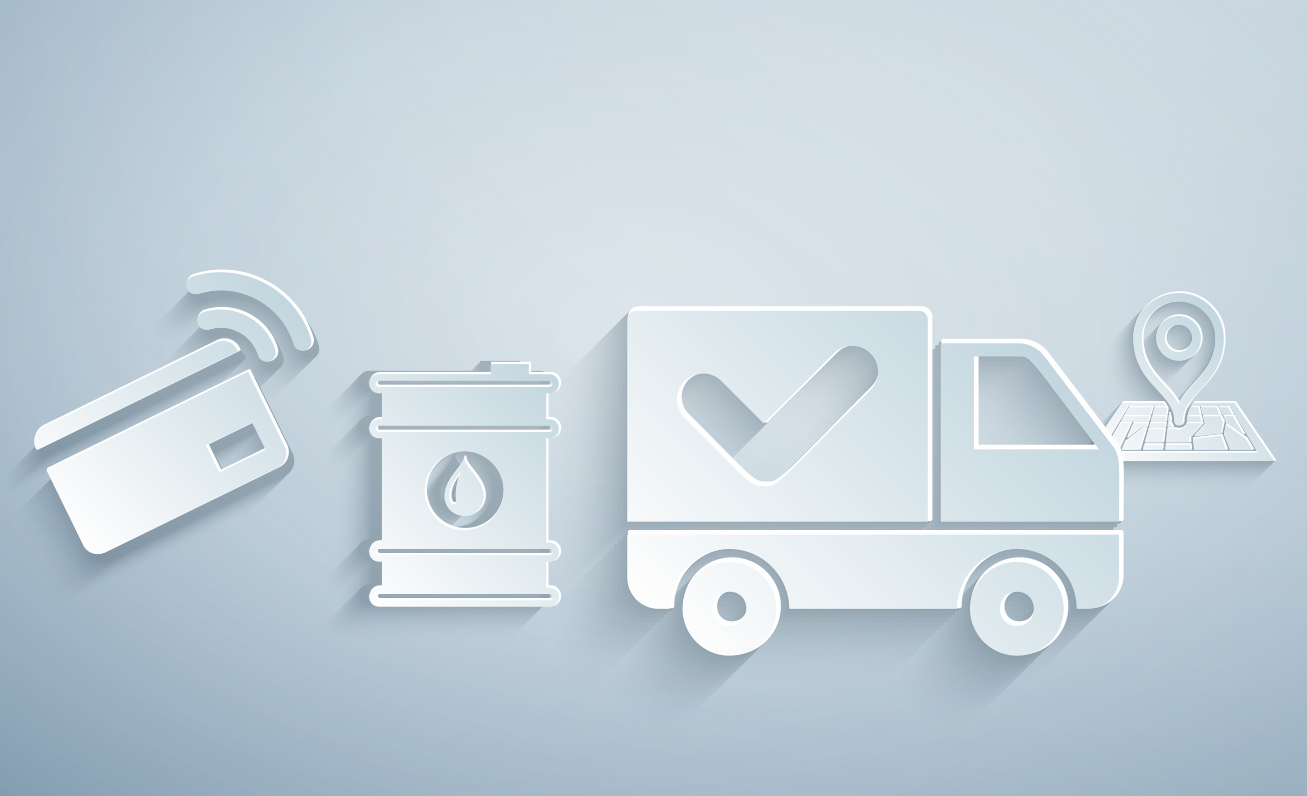Fuel management and monitoring is essential for ensuring the efficiency of fleet performance and is vital for the continued growth of your business. This is because it has been proven to greatly mitigate, if not completely prevent, the negative effects of fuel theft.
Nonetheless, only a select-few are familiar with how most fuel monitoring systems function.
How Does it Work?
Most fuel monitoring systems are advanced enough to the point that they can be easily managed using a laptop or computer. Of course, the said device is only part of a synergistic whole that makes such systems function seamlessly. For one, it also makes use of a CAN-bus and AVL device that is powered by GPS technology.
CAN-bus is protocol that provides reading data from sensors, arranges and sends it to well-organized and easy-to-read messages via telematics terminals. Its benefits range from real-time fuel consumption monitoring with inaccuracy up to 20 percent. It’s easily installed and integrated into a fleet management system.
These devices perform not only navigational functions but vital data collection as well. They are able to easily collect and transfer telematics data to server, which will be then relayed to a laptop or computer for reporting and analysis.
The reports are pretty much in-depth and are able to provide important data (such as pinpointing vehicles that tend to use fuel excessively). This is practically how most fuel monitoring systems work for most, but this is just one scenario.
On the other hand, There are systems that also involve installing the fuel level sensor on the actual fuel tank, that ready to provide with accurate fuel data, such as actual fuel consumption, time, location and volume of drain, refuel and dispensing.
Most fuel level sensors are actually able to gather more accurate and reliable data about such important factors as the present fuel volume (capacitive fuel level sensors), detect any instance of fuel theft and overall fuel consumption.
Proven Benefits
With such a vast array of functionalities, it’s no wonder that these systems are able to bring multiple advantages to the table. The most obvious of this is, of course, the reduction of fuel costs. Many can attest that they have enjoyed a decrease of up to 80 percent in fuel expenditures with the help of fuel monitoring systems.
Another benefit is that it is efficient and powerful enough to reduce or eliminate fuel theft altogether. It is able to provide complete fuel reports (from the rate of fuel usage of each vehicle and their current fuel volumes to a full list of every refueling that was done or fuel that was dispensed).
Real-Time Fuel Level Monitoring
Such monitoring systems are indispensable in this day and age. Any optimal fuel monitoring system that does real-time tracking affords you with complete visibility of everything that is going on in your fleet with regards to fuel consumption.
These systems serve as innovations that provide you with benefits you should expect from any technological advancement, not least of which is the much-needed, complete control over your fleet.




